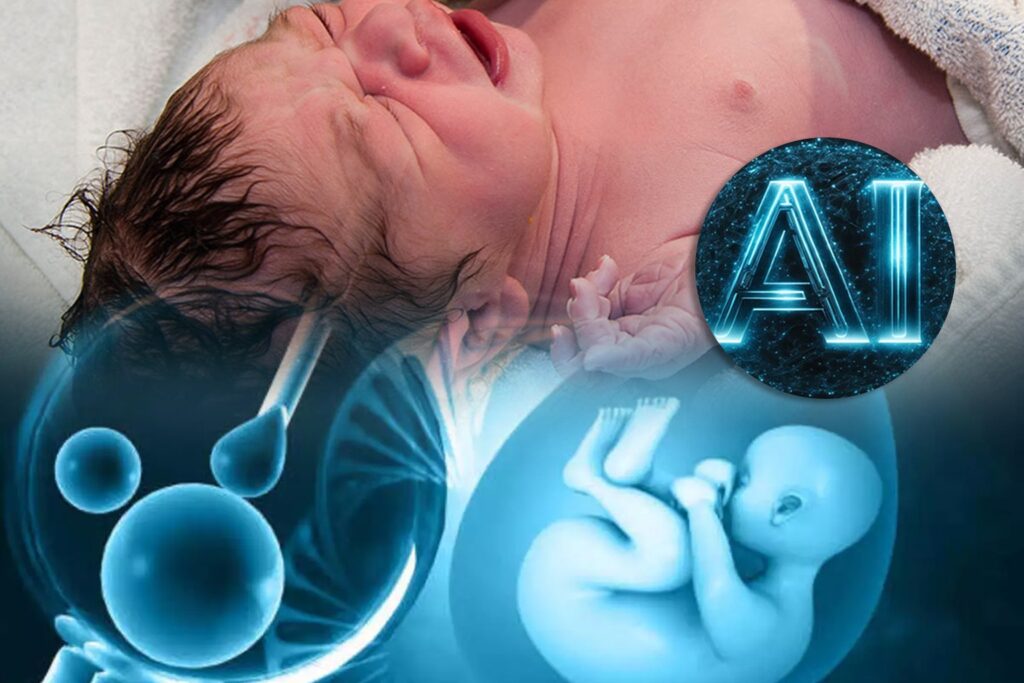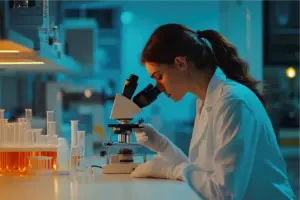
The world’s first baby has been born using a fully automated IVF system assisted by artificial intelligence (AI) to help with fertilisation.
The machine successfully performed 23 key steps of intracytoplasmic sperm injection (ICSI). A human operator oversaw the process remotely through a livestream, activating each step with a button press.
The system, developed by Conceivable Life Sciences, a collaboration between research teams in New York and Guadalajara, has automated the ICSI process which usually requires skilled embryologists. However, the manual nature of the process requires extreme precision and concentration, making it prone to errors.
Also Read | UK’s first baby born after womb transplant
For the project, a 40-year-old woman who had previously failed a manual IVF attempt underwent the automated procedure using donor eggs. Of the five eggs fertilized by the AI system, four were successfully fertilized. One embryo was frozen, later transferred to the uterus, and resulted in the healthy birth of a baby boy in Mexico.
Overall, the process took nearly 10 minutes per egg — slightly longer than manual procedures due to the experimental nature of the technology. However, experts believe this duration will be reduced significantly with future updates.
“This new system could change the way we do IVF. It offers more consistency, reduces stress for lab staff, and may even improve egg survival,” said lead embryologist Dr. Jacques Cohen, one of the pioneers behind the project.








